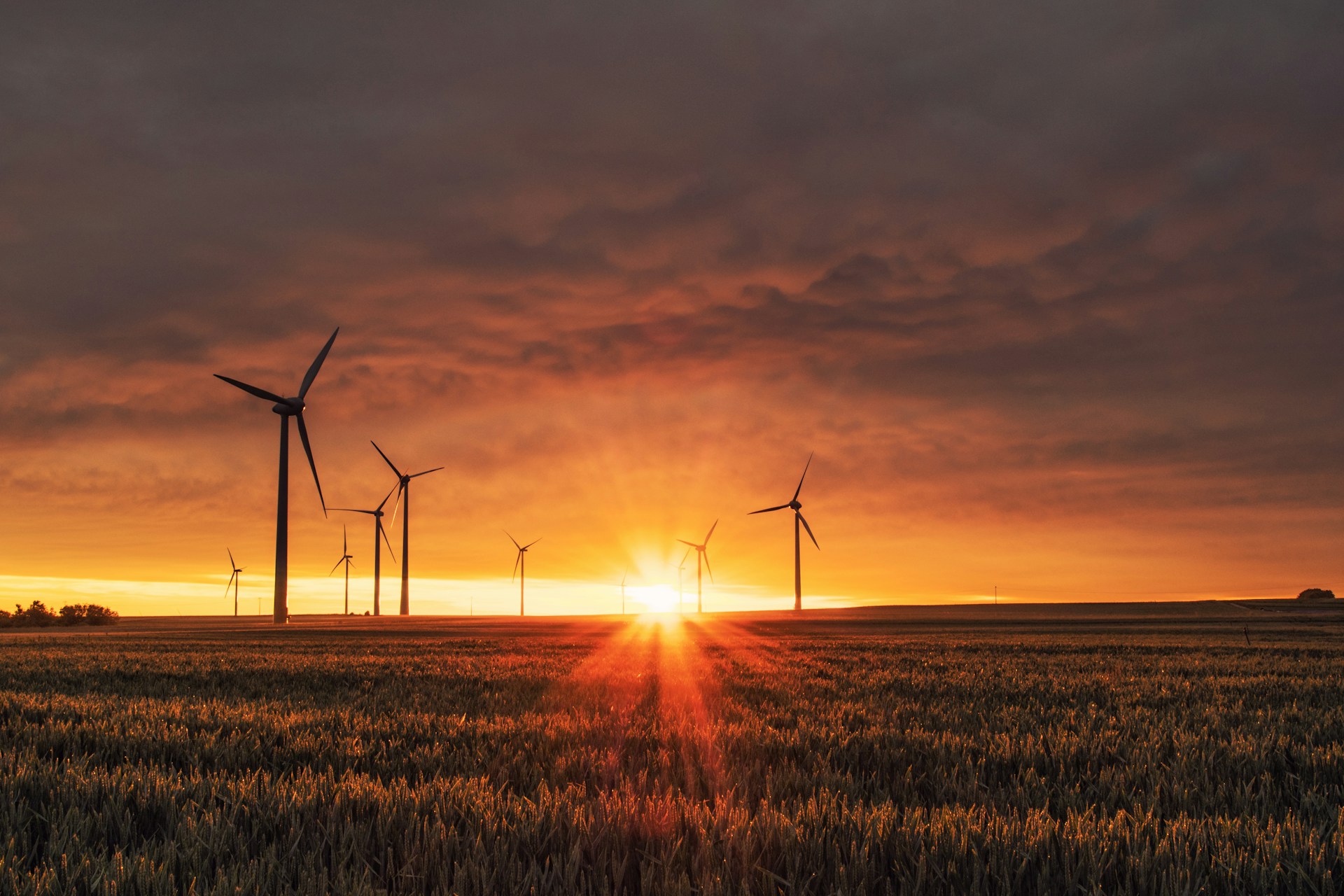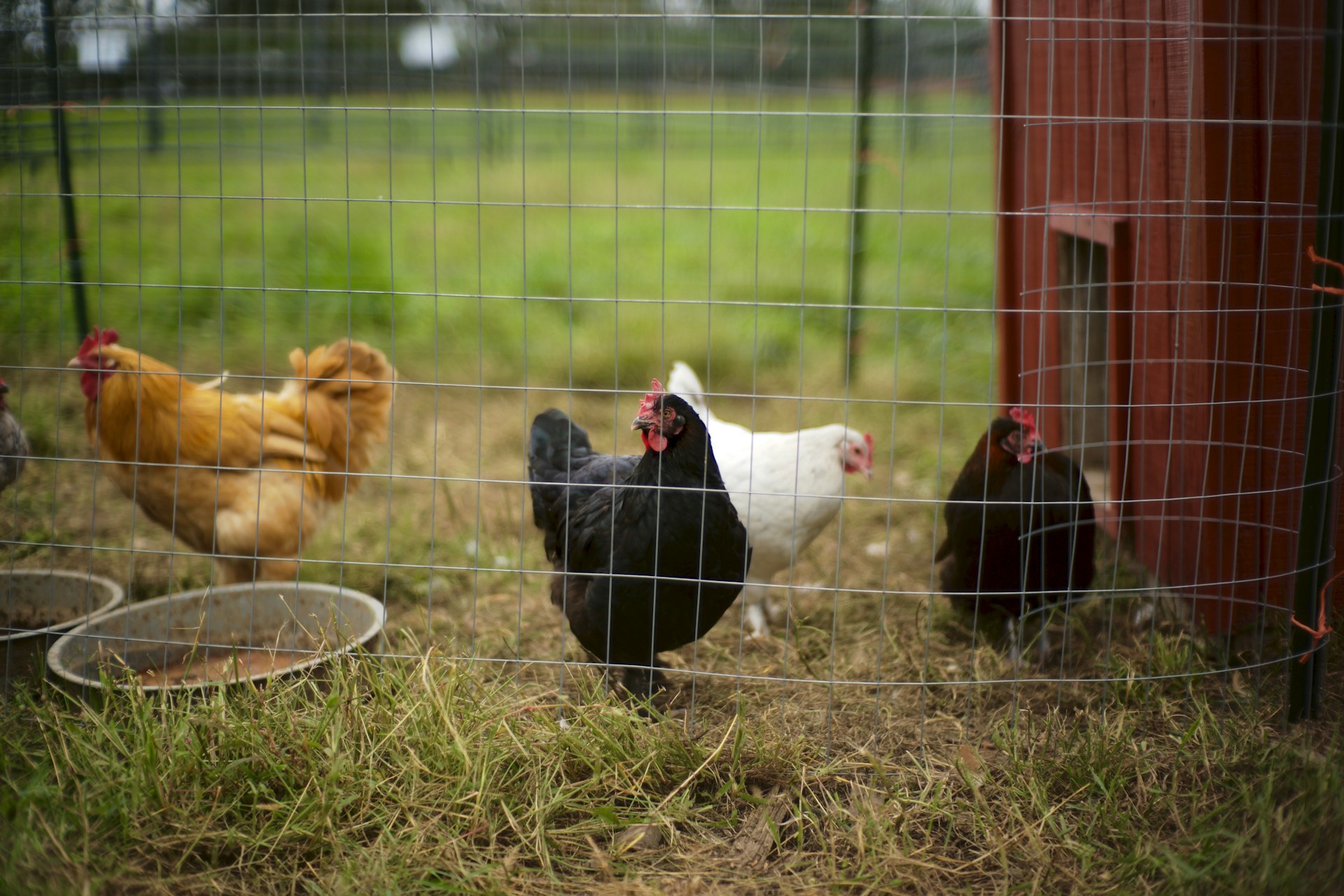Introduction
The climate crisis demands urgent action, and the solution is straightforward: end fossil fuel use. Here’s why:
- Fundamental Problem: Global warming results from human use of fossil fuels—coal, oil, and natural gas. These release carbon dioxide (CO2) and other greenhouse gases, strengthening the Earth’s greenhouse effect and raising temperatures.
- No Alternative: There is no alternative to ending fossil fuel use. While other efforts (like reforestation and better agricultural practices) can slow global warming, they won’t suffice without addressing the core issue.
- Carbon Capture Challenges: Capturing and storing carbon may play a minor role in limiting climate change effects, but we lack a cost-effective strategy to put billions of tons of CO2 back into the ground after fossil fuels are burned.
The Simple Solution: End Fossil Fuel Use
- Coal: Coal combustion releases carbon dioxide (CO2) and exacerbates the greenhouse effect, leading to global warming. To combat this, we must stop burning coal altogether.
- Oil: Oil-based fuels contribute significantly to climate change. Ending oil consumption is crucial. We need to transition to cleaner alternatives.
- Natural Gas: Although cleaner than coal and oil, natural gas still emits CO2 and other greenhouse gases. We must halt natural gas usage and shift to sustainable energy sources.
- Challenges: Transitioning away from fossil fuels is challenging. However, the solution is straightforward: replace fossil fuels with carbon-free energy systems.
- Big, Not Complex: The scale of effort required is immense. Billions of tons of coal, oil, and natural gas are extracted annually. But remember, “big” doesn’t mean “complex.” The solution lies in decisive action: end fossil fuel use to solve the climate crisis we face.
Challenges and Alternatives
- Transition Difficulty: Shifting away from fossil fuels is a monumental task. The infrastructure, industries, and economies built around them are deeply entrenched. However, the solution is straightforward: replace fossil fuels with carbon-free energy systems.
- Other Solutions: While ending fossil fuel use is essential, other efforts can help slow global warming:
- Less Deforestation: Protecting forests helps absorb CO2.
- Conserved and Restored Natural Areas: These contribute to biodiversity and community resilience.
- Improved Agricultural Practices: Sustainable farming methods reduce emissions.
- Carbon Capture: Capturing and storing carbon may play a minor role in limiting climate change effects. However, we lack a cost-effective strategy to put billions of tons of CO2 back into the ground after fossil fuels are burned.
- The Train Analogy: Imagine a runaway train. Stopping deforestation and other efforts are like placing branches on the tracks—they slow the train temporarily. But until we shut off the throttle (end fossil fuel use), the train keeps accelerating.
- The Way Forward: The solution isn’t complex; it’s just big. The amount of coal, oil, and natural gas extracted annually is staggering. We must allocate significant efforts to replace fossil fuels with sustainable energy systems to solve the climate crisis.
Conclusion
Replacing fossil fuels is the only way to solve the climate crisis. Let’s work toward a cleaner, healthier planet for future generations.
Check out more articles!








